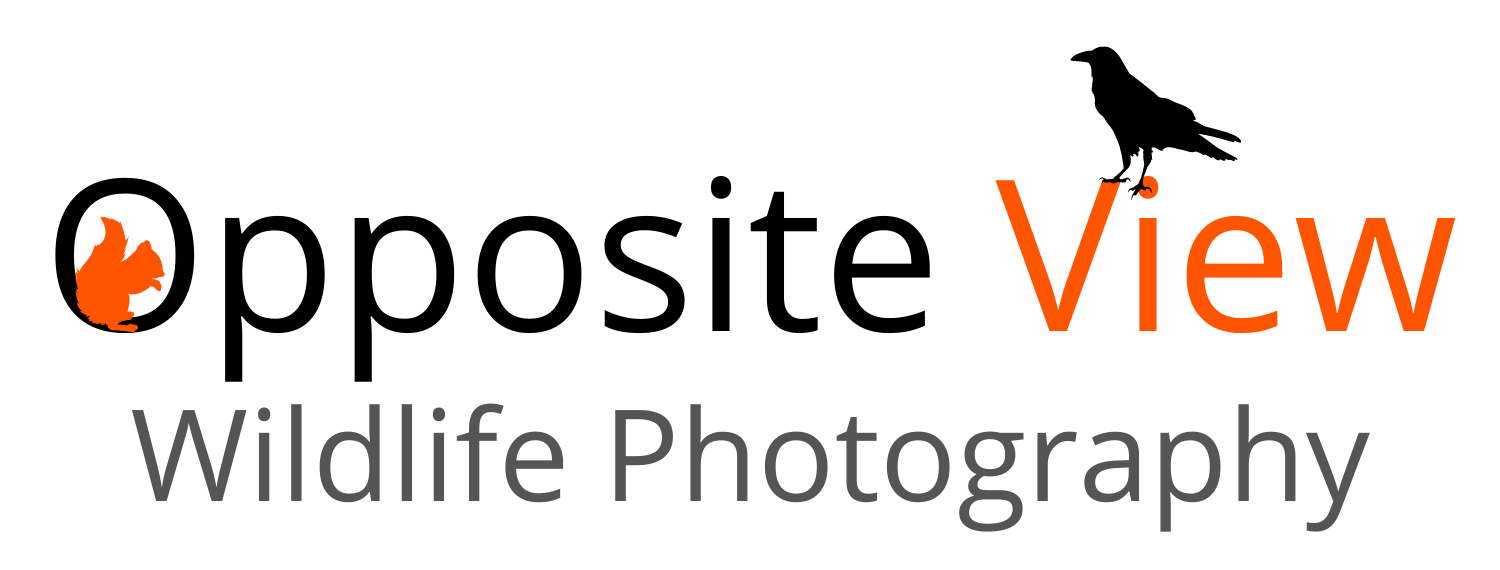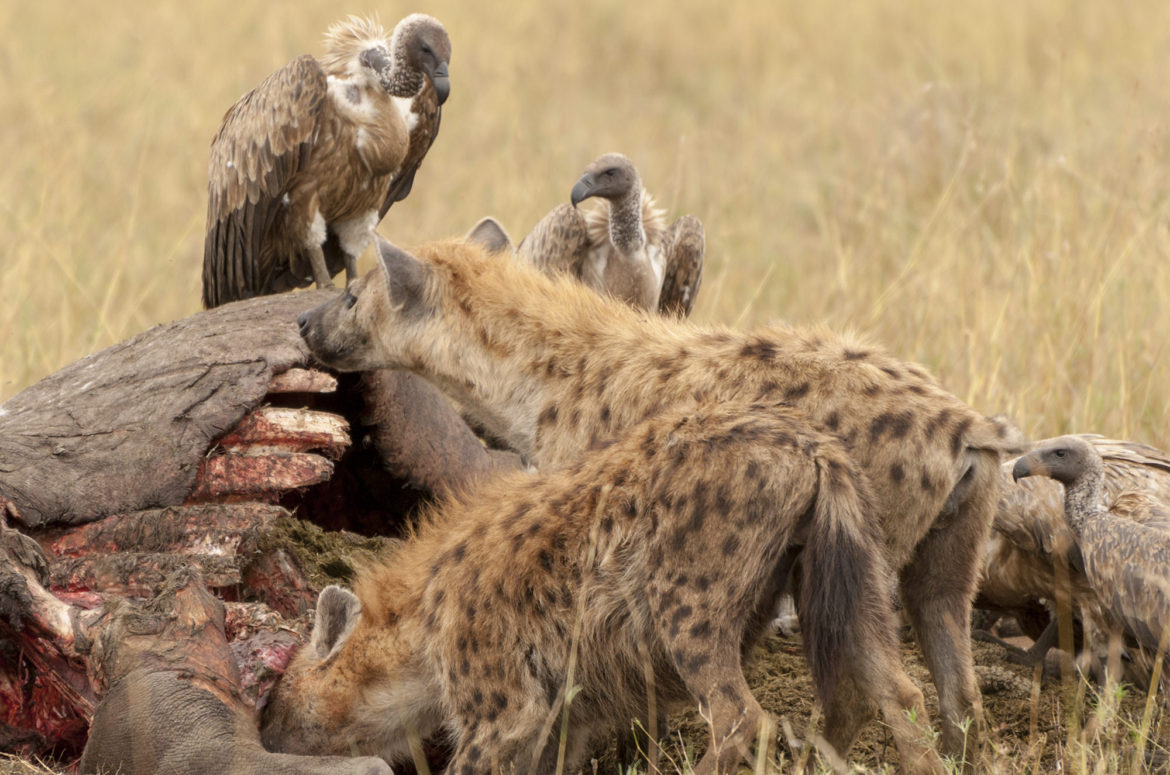Conservationists have spent a long time convincing communities across the world that their local wildlife and habitats are worth much more to them alive, through ecotourism, than dead at the hands of poachers or destroyed for forms of agriculture. Sadly, wildlife NGOs have said that projects and organisations that exist to protect critically endangered species and rare habitats could be forced to stop their work due to the sudden loss of tourism income after the border closures and travel restrictions brought by the pandemic. There are now tens of thousands of jobs in the ecotourism sector at risk and that, in turn, puts wildlife all over the world at risk.
I read an article this week where Dickson Kaelo, chief executive officer at Kenya Wildlife Conservancies Association, confirmed that all bookings for activities such as the wildebeest migration in the Masai Mara had been cancelled for this year. He said: “Members of these communities may lose faith in wildlife conservation if there is no money forthcoming. In addition, people who live around these wildlife havens and looked forward to selling artefacts to tourists may resort to other income-generating activities such as farming, fuelling the never-ending human-wildlife conflicts as animals invade and destroy their new farms”.
For today’s blog I am posting this image of spotted hyenas devouring a hippo carcass under the watchful gaze of the Rüppell’s vultures as it is one of my favourite memories, and set of photographs, from my time in the Masai Mara back in 2011. Contrary to the myths that hyenas only scavenge their food from lions, they are exceptional hunters in their own right. However, they do have all the right adaptations for stripping a carcass such as this one; their incredibly strong jaws can crunch through bone while the high acid content in their stomachs can break down the shards that they eat. We could hear the sound of shattering bones as they ate. Nothing goes to waste either; vultures will polish off anything the hyenas leave behind. I am eternally grateful for this experience.
This is an incredibly worrying time, for so many reasons, and if you’re able to donate to – or, just as importantly, promote the cause of – charities that are helping protect species that may be in more danger now, please do what you can. It may be a long time before people can return to these amazing places, but the wildlife and communities must be protected in the meantime.

